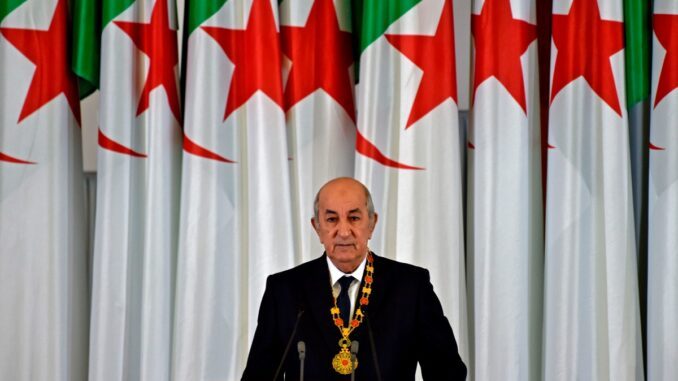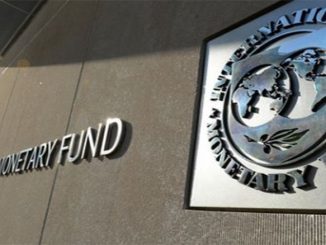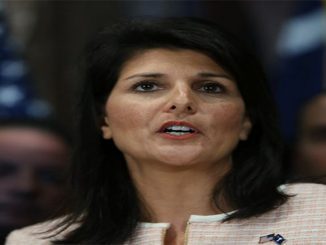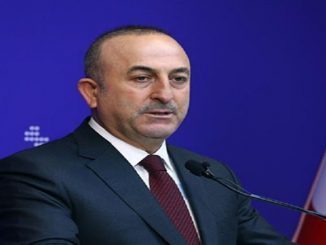
A pro-government Algerian television channel showed people streaming into a provincial polling station on Sunday for a constitutional referendum backed by the country’s rulers, but on the streets of the capital there was less enthusiasm to vote.
President Abdelmadjid Tebboune and the powerful military have pushed the changes to the constitution as a way to turn the page on last year’s popular unrest.
It has set the referendum up as a test of strength with the leaderless opposition “Hirak” protest movement, which brought thousands of people onto the streets every week last year and which rejects the proposed constitutional reform as a sham.
Tebboune, who has been in hospital in Germany since last week after saying aides had tested positive for COVID-19, has pushed for a big turnout to show support for his strategy to end unrest.
Ennahar channel, which supports the government, showed hundreds of young men rushing into a polling station in the city of Mila as voting started, forming lines to cast their ballots. The area had much state support after a recent earthquake.
However, polling stations were far quieter elsewhere on Sunday morning, amid strict health measures because of the global pandemic.
In the Kabylie region, centre of a 1990s Islamist insurgency and known for low electoral turnout, many people were boycotting the vote.
“It is ‘ulac’ vote here,” said Said Mezouane, using the Berber word for ‘no’. Protesters had burned ballot boxes in some places there, he said.
In Ouled Fayet, west of Algiers, about 10 people were waiting to vote. “Let’s hope for the better and pray for Tebboune’s speedy recovery,” said Ahmed Slimane, 60.
“There is no point in voting. This constitution will not change anything,” said 30-year old bus driver Hassan Rabia, sitting with two friends at a cafe in central Algiers.
Results, including turnout, may come either late on Sunday or on Monday.
A cartoon in el Watan newspaper referenced Tebboune’s hospitalisation, with a man at a polling booth looking at ballots marked ‘yes’ and ‘no’ in German rather than in Arabic.
Tebboune has presented the changes as partly addressing the wishes of protesters who forced his predecessor Abdelaziz Bouteflika to step down after 20 years in office.
However, their demands – replacing the ruling elite, the military’s withdrawal from politics and an end to corruption – have been at best only partly met.
The new constitution includes presidential term limits and more powers for the parliament and judiciary.
However, the military remains the most powerful institution in Algerian politics, though it has played a less prominent role since Tebboune’s election.
The new constitution gives it powers to intervene outside Algeria’s borders, with the generals concerned about insecurity in neighbouring Libya and Mali.



